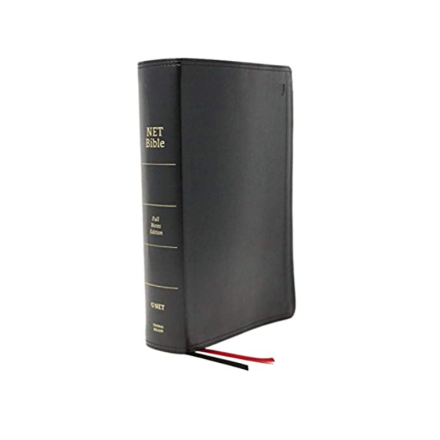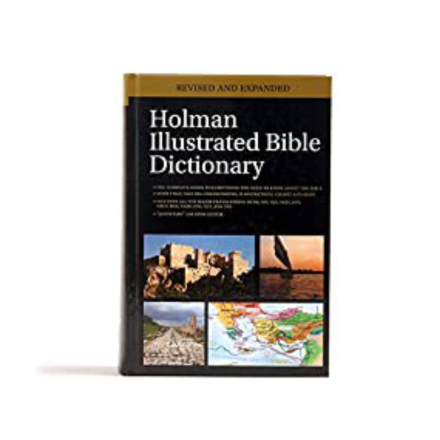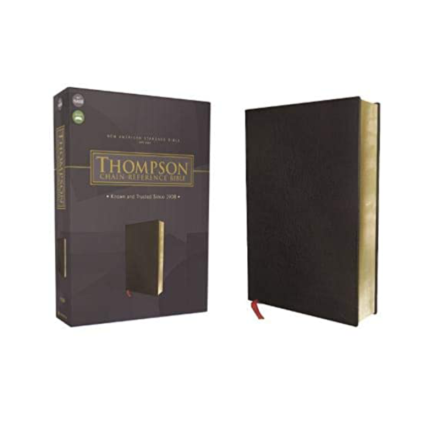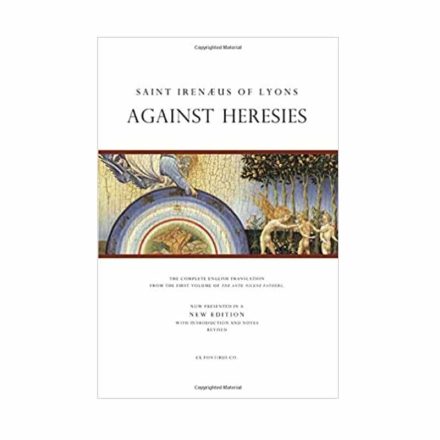Podcast (bible-study): Play in new window | Download | Embed
Subscribe: Apple Podcasts | Google Podcasts | Spotify | Amazon Music | Android | Pandora | iHeartRadio | Podchaser | Email | Deezer | RSS | More
Zophar in the Bible: Job Chapter 11 Explained
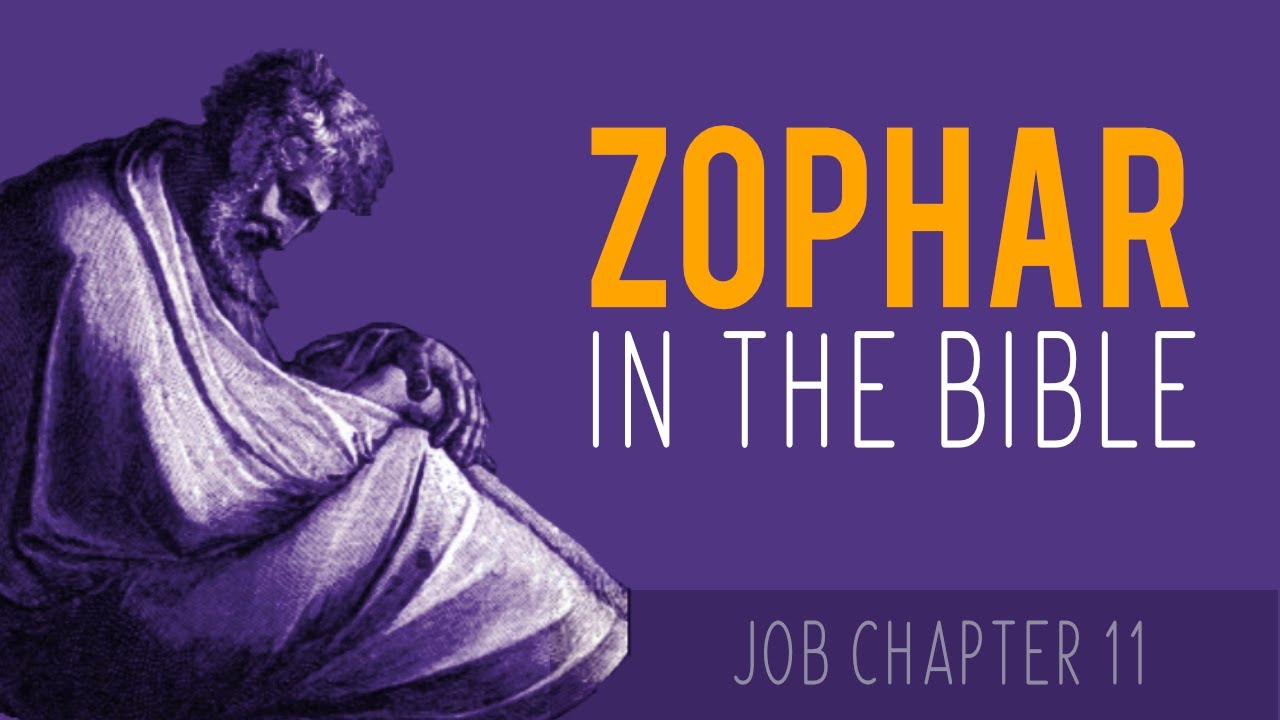
What is the Meaning of Zophar?
The meaning of Zophar’s name has been given variously as “rising early, crown”[1] and “chirper, leaper.[2]” According to Lockyear’s All the Men of the Bible, the name comes from a root word meaning “to twitter.[3]” Abrarim Publication’s Biblical Dictionary gives a fuller description saying
צפר The most fundamental meaning of the unused verb צפר (sapar) appears to be to skewer or pierce through, whether by fear, a shrieking sound or a sharp point. From this verb comes the often used noun צפור (sippor), which is a common word for bird and appears to refer to birds’ signature piercing shrieks. Then there is the noun צפירה (sepira), which apparently denoted a kind of head gear, like a crown or diadem, but which also served as a symbol for looming doom. Noun צפרן (sipporen) means finger nail or stylus point. However, there is another verb in cognate languages, which is identical to the previous and which means to leap. From it stem the noun צפיר (sapir), which describes a kind of goat, and צפרדע (separdea’), which means frog.[4]
So we see, as with the debate on the dating of the book of Job, there isn’t a firm consensus on the specific meaning of the name, but the general sense of a quick, and maybe not wholly considered action is the common theme. As we’ll see in Zophar’s first reply to Job, he is quick to jump to conclusions and thinks he knows all the circumstances. Lockyear’s points out that “one of [Zophar’s] faults was he dealt with profound things in a more lighthearted, flippant way than his two companions.[5]” It is believed that Zophar is called a “Naamathite” because he was from Naaman (an unknown location in Arabia), although the Septuagint identifies him as “king of the Minaeans.[6]” For Job’s other two friends, we can trace their lineage by the way they are identified; however, this identification is only found four times in the Bible and only for Zophar.
Summary of Job’s Three Friends’ Responses
Before we go into Zophar’s response, let’s recap the dialogue between the friends so far. Eliphaz was the first to speak and, while he didn’t directly accuse Job of actions that caused his misfortunes, he implied it based on a supernatural revelation. We discussed in our Bible study on Job 4-5 the clues given that suggest this revelation was demonically inspired. Following Eliphaz and Job’s exchange, Bildad gives his input in Job 8. Bildad is confident in the righteousness and justice of God and, whether intentionally or not, gives a prophesy over Job stating that the righteous man’s end would be greater than his beginning. We will go over Zophar’s first response in a moment, but in researching for the study on this chapter, I was struck once again by how many varying ideas there are on the book of Job generally and Job’s friends specifically. Some commentators don’t think that the friends represent anything at all. Others do think that they symbolize something, but over what … that is the debate. According to this article on Job’s friends, Maimondes, a medieval rabbi and scholar, believed
. . . each of Job’s friends represents a different position on divine providence: “Eliphaz represents the biblical or rabbinic tradition—Job is being punished for his sins; Bildad expresses the view of the Mutazillites—Job is being tested to receive a greater reward; and Zophar presents the view of the Asharites—Job suffers because of God’s arbitrary will”[7]
Lockyear’s gives a very different explanation.
The three friends of Job represent three ways of solving the mysterious problems of divine government in the affairs of men. Eliphaz the Temanite is the symbol of human experience or history. Bildad the Shuhite is the symbol of human tradition or philosophy. Zophar the Naamathite is the symbol of human merit or moral law.[8]
So what are your thoughts? In what we’ve read so far, who do you think is right, Maimondes or Lockyear’s? Both/and or neither. I’ve mentioned before that there is quite a bit of the commonly accepted interpretation of Job that I don’t agree with. Most scholars, at least among Christians, tend to paint all of the friends’ words with a condemning brush. I don’t agree with that. Some of the things that the friends say is true. They believe they understand God and they believe they are defending him. Unfortunately they don’t have the whole story, they aren’t seeing everything that is going on. Eliphaz is misled by a spirit that isn’t of God. Bildad has a sure confidence in the goodness of God … as he should. But when we don’t know all the circumstances of a situation, when we have a limited understanding, sometimes we can unwittingly give bad advice in spite of our best intentions. Eliphaz and Bildad are operating under the assumption that the entirety of the situation is between Job and God, and that isn’t the case as we saw in Job chapter one. There were some other dynamics going on. The friends might represent a worldview or ideology just as the book of Job is an apologetic for the problem of evil, but first and foremost, I think we are to see ourselves in the friends, just as we are to see ourselves in Job when going through a trial. Like Eliphaz, we can be misled by what we think is special revelation. Like Bildad, at times it can be hard to reconcile what we know of God’s goodness. And Zophar, Zophar, what is the deal with him?
My Thoughts on Zophar
Before we read Zophar’s response, let’s think through where we’ve been so far. Job had been the wealthiest man in the entire area. He had the most influence and was well-respected … and then it was all gone. Not just gone, but gone in a series of calamities that any God-fearing person could not but assume was a sign of judgment. Think about the judgments listed in the book of Revelation. Job experienced the personal equivalent of that. Job’s friends had excuse to wonder. Job is sitting bereft, destitute, and diseased … alone. All the influence and connections he had before are nowhere to be found, until this three friends who live in an entirely different area hear about his troubles and come to him. Just three. Not family. His friends. The friends sit with him for seven days, trying to do nothing other than console him by their presence. They may wonder and have thoughts about the situation, but they say nothing until Job is ready to talk about it. Then they listen to Job in his first lament when he says he is forsaken by all … while his three friends have been sitting by his boil-covered self. Obviously, Job has not been forsaken by everyone. He had three friends with him, were willing to sit with him in the middle of his mess, but Job is in such despair that he can only focus on what he has lost, and misses the significance of the friends there with him. Both Eliphaz and Bildad weigh in on the situation and, while we can see both of them are operating from a limited understanding and give advice that is mixed with both good and bad, both of them encourage Job to cry out to God for recompense. I haven’t read commentary on this, but I would imagine that the friends spoke in order of influence, with Eliphaz having the most prominence. So Job had been the most prominent, but he had been brought low. The two friends speak and Job still insists on his innocence. Zophar has been sitting through this. He has traveled from a distance to comfort Job in his time of need, and so far Job doesn’t seem to appreciate it. Job does not seem to be accepting the words of the first two friends, and from the outside, it looks like what has happened to Job is an obvious judgment of God. Can you see where Zophar might be seeing Job’s words as evidence of pride and arrogance at this point? Keep this in mind as we read what Zophar had to say.
What was Zophar the Naamathite’s Message to Job
11 Then Zophar the Naamathite answered and said: 2 “Should a multitude of words go unanswered,
and a man full of talk be judged right?
3 Should your babble silence men,
and when you mock, shall no one shame you?
As we’ll see in the rest of the chapter, Zophar has already made his decision about why Job is in the situation that he is in, and nothing Job says is going to change that. Not only will Job’s words not change Zophar’s opinion, but Zophar is actually offended that Job still persists in his innocence.
4 For you say, ‘My doctrine is pure,
and I am clean in God’s eyes.’
5 But oh, that God would speak
and open his lips to you,
6 and that he would tell you the secrets of wisdom!
For he is manifold in understanding.
Know then that God exacts of you less than your guilt deserves.
Like the other two friends, Zophar’s words to Job are a mixture of truth along with falseness. The falseness isn’t deliberate, but based on some faulty assumptions due to the fact that Zophar has limited knowledge. Yes, God is “manifold in understanding.” It is actually true that none of us are “clean in God’s eyes,” only God is perfectly righteous, and it is true that the judgment we get is far less than we deserve. All of this is true. But what is generally true does not mean that is necessarily true in a specific situation. When we read the words of Job’s friends and how they misjudged him, it’s good to keep in mind as we are making judgments about situations in our own friends lives. The book of Job illustrates the meaning of Jesus’s words “judge not lest you be judged.” (Matthew 7:1) Jesus does not mean that there is no absolute right or wrong or that anything a person chooses to do is acceptable … far from it. All will be judged according to their actions. (2 Corinthians 5:10) What Jesus is saying is don’t be like Job’s friends and assume you know the whole situation or the cause. You don’t know all the circumstances. You don’t know what has gone on in the person’s life before this or all the factors working in the situation. Matthew 7:1 is not promoting relativism, it is about promoting compassion and understanding for your fellow man. It is about grace. Show grace to the another as you would want someone to show grace to you. We will all be held accountable for our words and actions. But Jesus alone is the one who will give judgment. He alone can because not only does he have perfect knowledge, but he has walked in our shoes. He does know. (2 Timothy 4:1)
7 “Can you find out the deep things of God?
Can you find out the limit of the Almighty?
8 It is higher than heaven—what can you do?
Deeper than Sheol—what can you know?
Sheol is known as the place of the dead. This stanza is describing the transcendence and unlimited and unknowable magnitude of God. Zophar is pointing out that it is impossible for man to understand the ways of God. He is beyond us and without limit. This is also true. It would be utterly impossible for us to know God . . . except that he has made himself known to us. Not only does God reveal himself to us through nature, he reveals himself to man through direct revelation, and finally God himself came as man in the Incarnation. (Romans 1:19-21, Colossians 1:15-20)
9 Its measure is longer than the earth
and broader than the sea.
10 If he passes through and imprisons
and summons the court, who can turn him back?
This “court” is a reference to the divine council which we saw was summoned in chapter one. Ironically, even though Zophar is the most severe in his condemnation of Job and the most certain of Job’s guilt, he is the one friend among the three that comes closest to the truth of what actually happened.
11 For he knows worthless men;
when he sees iniquity, will he not consider it?
12 But a stupid man will get understanding
when a wild donkey’s colt is born a man!
Zophar points out that God will judge sin, things will not be overlooked. And his comment that a “wild donkey’s colt [will be] born a man” before “a stupid man will get understanding” . . . Those are exactly my thoughts right now with some of the things people say.
13 “If you prepare your heart,
you will stretch out your hands toward him.
14 If iniquity is in your hand, put it far away,
and let not injustice dwell in your tents.
There is much truth in the words of Zophar, but the turning point of his speech is in this stanza and it is here that we see the one flaw in his argument. He makes a very good point here that it is not just Job’s actions alone, but he is also accountable for those he has authority over. If we allow “injustice [to] dwell in [our] tents” we will also be held liable. We should never turn an eye to injustice, we are to expose the works of darkness (Ephesians 5:11) and David vows to God in Psalm 103 that he will not allow injustice in his house or the wicked to serve him. Zophar is correct in saying that one needs to be innocent to be in fellowship with God; however, his mistake is that Job himself can “prepare his heart.” Job can’t. And we see in Job’s words prior to this that he recognizes this, that everyone has faults. God is the only one who can “prepare our hearts,” as David says in Psalm 51:10 asking God “create in me a clean heart.” That is the key, God has to give us new hearts (Deuteronomy 10:16, Jeremiah 32:39-40, Ezekiel 11:19, Ezekiel 36:27-17) and make us clean. (Psalm 51:9, Isaiah 43:25) Ironically, Job was beginning his lament to God before Zophar interrupted him, but let’s continue on with Zophar’s words.
15 Surely then you will lift up your face without blemish;
you will be secure and will not fear.
16 You will forget your misery;
you will remember it as waters that have passed away.
17 And your life will be brighter than the noonday;
its darkness will be like the morning.
18 And you will feel secure, because there is hope;
you will look around and take your rest in security.
19 You will lie down, and none will make you afraid;
many will court your favor.
20 But the eyes of the wicked will fail;
all way of escape will be lost to them,
and their hope is to breathe their last.”
All of these words are true … except for the part that Job himself must make himself right. This passage with the words of Zophar are a tight parallel with the words of the prophet Isaiah in Isaiah chapter 58. Just as Zophar warns Job that he must not allow any injustice in his household and endeavors, so Isaiah warns the people of Israel of coming judgment if they do not act justly and help those in need.
Job and Isaiah 58
58 “Shout it aloud, do not hold back.
Raise your voice like a trumpet.
Declare to my people their rebellion
and to the descendants of Jacob their sins. 2 For day after day they seek me out;
they seem eager to know my ways,
as if they were a nation that does what is right
and has not forsaken the commands of its God.
They ask me for just decisions
and seem eager for God to come near them. 3 ‘Why have we fasted,’ they say,
‘and you have not seen it?
Why have we humbled ourselves,
and you have not noticed?’ “Yet on the day of your fasting, you do as you please
and exploit all your workers.
4 Your fasting ends in quarreling and strife,
and in striking each other with wicked fists.
You cannot fast as you do today
and expect your voice to be heard on high. 5 Is this the kind of fast I have chosen,
only a day for people to humble themselves?
Is it only for bowing one’s head like a reed
and for lying in sackcloth and ashes?
Is that what you call a fast,
a day acceptable to the Lord? 6 “Is not this the kind of fasting I have chosen:
to loose the chains of injustice
and untie the cords of the yoke,
to set the oppressed free
and break every yoke? 7 Is it not to share your food with the hungry
and to provide the poor wanderer with shelter—
when you see the naked, to clothe them,
and not to turn away from your own flesh and blood? 8 Then your light will break forth like the dawn,
and your healing will quickly appear;
then your righteousness will go before you,
and the glory of the Lord will be your rear guard. 9 Then you will call, and the Lord will answer;
you will cry for help, and he will say: Here am I. “If you do away with the yoke of oppression,
with the pointing finger and malicious talk,
10 and if you spend yourselves in behalf of the hungry
and satisfy the needs of the oppressed,
then your light will rise in the darkness,
and your night will become like the noonday. 11 The Lord will guide you always;
he will satisfy your needs in a sun-scorched land
and will strengthen your frame.
You will be like a well-watered garden,
like a spring whose waters never fail. 12 Your people will rebuild the ancient ruins
and will raise up the age-old foundations;
you will be called Repairer of Broken Walls,
Restorer of Streets with Dwellings. 13 “If you keep your feet from breaking the Sabbath
and from doing as you please on my holy day,
if you call the Sabbath a delight
and the Lord’s holy day honorable,
and if you honor it by not going your own way
and not doing as you please or speaking idle words, 14 then you will find your joy in the Lord,
and I will cause you to ride in triumph on the heights of the land
and to feast on the inheritance of your father Jacob.”
For the mouth of the Lord has spoken.
All of Job’s friends have to this point spoken true words. Zophar is correct in saying that it is not just Job’s actions but the actions of his household that can bring judgment. He is correct in saying that when we act as true Imagers, as faithful representatives of God and act justly, then, as Isaiah says, our “light will break forth like the dawn” and God himself will be our defender. Isaiah agrees with Zophar that God isn’t impressed with show and pretense … we must act justly and with integrity … no excuses. All of that is true. But Zophar had misjudged Job, and that wasn’t the problem in Job’s case. The takeaway from this chapter is that while we may know things to be true about God, we don’t know the whole truth in a person’s situation. Even if we think they have done something to deserve the judgment they seem to be under, we should follow the instructions of the prophet Micah who, while very concerned with justice, also told us to “love mercy.” 
Micah 6:8 He has shown you, O mortal, what is good.
And what does the Lord require of you?
To act justly and to love mercy
and to walk humbly with your God.
Just as Jesus pled for God’s mercy for us on the cross (Luke 23:34), we should be doing the same for others.
This Bible study is part of A Study of Job (2021)
Endnotes
[1] “Topical Bible: Zophar,” Bible Hub, accessed August 6, 2021, https://biblehub.com/topical/z/zophar.htm.
[2] “Zophar Meaning,” Abarim Publications, accessed August 6, 2021, https://www.abarim-publications.com/Meaning/Zophar.html.
[3] “Zophar,” Lockyer’s All the Men of the Bible, accessed August 6, 2021, https://www.biblegateway.com/resources/all-men-bible/Zophar.
[4] “Zophar Meaning,” Abarim Publications, accessed August 6, 2021, https://www.abarim-publications.com/Meaning/Zophar.html.
[5] “Zophar,” Lockyer’s All the Men of the Bible, accessed August 6, 2021, https://www.biblegateway.com/resources/all-men-bible/Zophar.
[6] “Zophar,” Lockyer’s All the Men of the Bible, accessed August 6, 2021, https://www.biblegateway.com/resources/all-men-bible/Zophar.
[7] “Eliphaz, Bildad, and Zophar in Book of Job | Shmoop,” Shmoop, accessed August 6, 2021, https://www.shmoop.com/study-guides/bible/book-of-job/eliphaz-bildad-zophar.
This quote is from a popular level article on the views of the friends of Job citing a peer reviewed article. Normally, I would go to that source directly and then to Maimondes work if I could; however, that academic article is behind a paywall that I don’t have access to. If you’d like to look up the article, this is the reference. Jason Kalman, “Job the Patient/Maimonides the Physician: A Case Study in the Unity of Maimonides’ Thought,” AJS Review 32, no. 1 (April 2008): 117–140.
[8] “Zophar,” Lockyer’s All the Men of the Bible, accessed August 6, 2021, https://www.biblegateway.com/resources/all-men-bible/Zophar.

